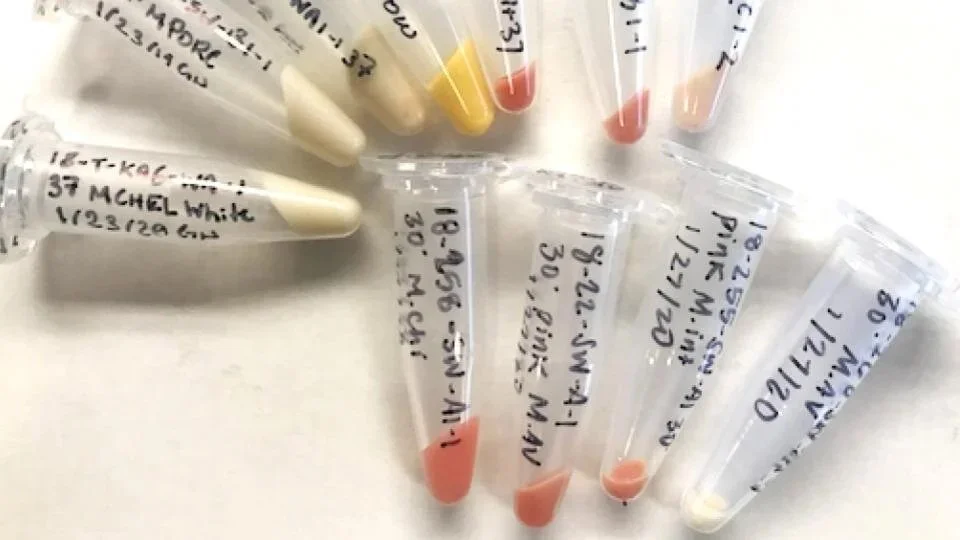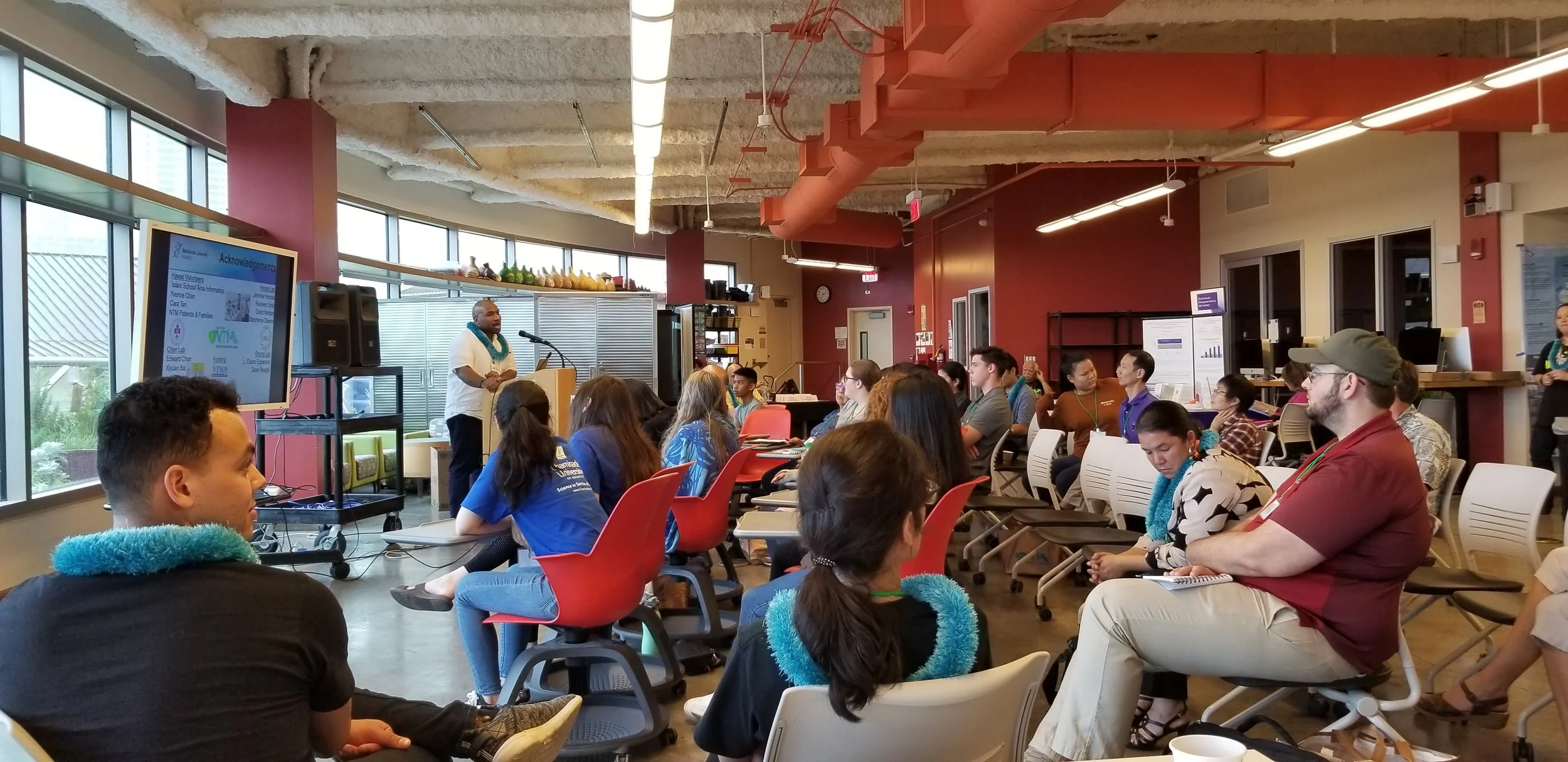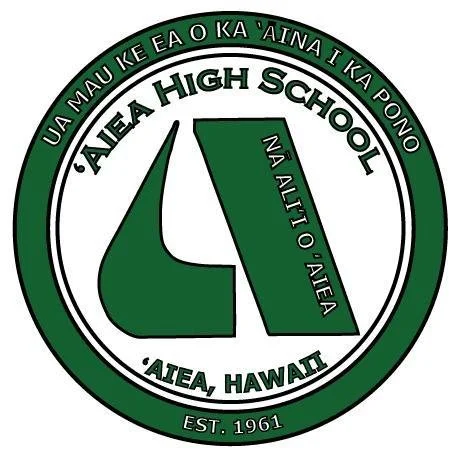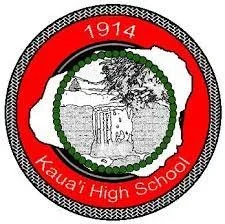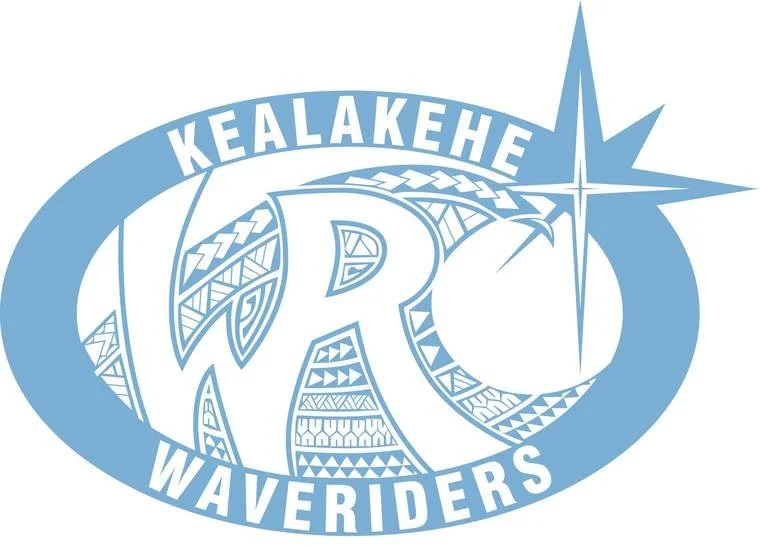Nontuberculous mycobacteria (NTMs) are environmental pathogens which cause pulmonary infections which can resemble tuberculosis. In all the U.S.-occupied regions studied to date, Hawaiʻi has the highest per capita prevalence of NTM lung disease. NTMs live in diverse environments, from soils to household water fixtures. Hawaiʻi students have sampled hundreds of surfaces in residential, outdoor and commercial spaces in a citizen science effort to isolate the primary sources of exposure. Using MinION whole genome sequencing and bioinformatics, students can help researchers determine which strains in our environment best match those found within patients’ lungs.
Local teachers attending the inaugural Hawaiʻi NTM Conference hosted at ʻIolani School in January 2020.
In early 2020, just before COVID became a global pandemic, the first ever Hawaiʻi NTM Conference was held at ʻIolani School, bringing clinicians, researchers, patients, educators and students together to share the latest on these emerging diseases. Eight NTM genomes were sequenced by teachers and students during the conference, resulting in a subsequent publication.
2026 Hawaiʻi NTM Education Workshop
We are working on hosting a teacher-focused NTM Education Workshop on March 7, 2026 at ʻIolani School, which will engage Hawaiʻi teachers in ongoing NTM genomics research - from environmental sampling to sequencing. Updates will be shared both here and on our Events page.
Academic Partners
Dr. Jenn Honda, University of Texas at Tyler
Dr. Jenn Honda is the inaugural Director for the Center for NTM Innovation at the University of Texas at Tyler. Originally from Hawaiʻi, she has worked closely with numerous local students on NTM research, leading to extensive findings relevant to NTM disease in Hawaiʻi. Due to the pathogenic nature of NTMs, the Honda Lab has been our primary source of safely cultured and extracted environmental specimens for many years.
Non-tuberculous Mycobacteria Lab
Students use the MinION to sequence NTM strains which have been collected from domestic and wild environments around Hawaiʻi. This lab is designed to sequence three targets simultaneously on a standard MinION flow cell, but it can be modified to do a single genome or a duplex run. For Flongle, we recommend no more than one target per run.
Lab techniques: MinION sequencing
Keywords: Public health, citizen science, microbial ecology
HANDOUT: MinION SEQUENCING LAB ROADMAP and TEACHER GUIDE
UNIT 1: MinION SEQUENCING
Lesson slides | Library prep protocol | MinION protocol | Flongle protocol
Unit 2: Bioinformatics
ACTIVITY: GENOME ASSEMBLY PUZZLE
Bioinformatics
To investigate the identity, phylogeny and traits of our NTM specimens, we first need to reconstruct the bacterial genome from the DNA fragments sequenced by the MinION, via a process called assembly. Imagine the genome as a puzzle; the DNA sequences are the pieces we need to put them together to complete the puzzle.
Introducing the Unicellular Long-read Assembly aNd Annotation (Ulana) bioinformatics pipeline. Ulana was developed in-house to provide a fast, convenient, and user-friendly option for assembling and annotating bacterial genomes. The Ulana pipeline can run on any Windows, Mac or Linux based device and is distributed as a docker image; as long as you have docker installed, you can execute the pipeline from any computer. Ulana can also now be accessed using any device via a web browser, furthering reducing teachers’ barriers to access.
Publications
Complete genome assembly of Hawaiʻi environmental nontuberculous mycobacteria reveals unexpected co-isolation with methylobacteria
Jo Hendrix, L. Elaine Epperson, Eric J. Tong, Yvonne L. Chan, Nabeeh A. Hasan, Stephanie N. Dawrs, Grant J. Norton, Ravleen Virdi, James L. Crooks, Edward D. Chan, Jennifer R. Honda and Michael Strong
PLoS One. 2023. 18(9): e0291072. doi: https://doi.org/10.1371/journal.pone.0291072
Inaugural nontuberculous mycobacterial lung disease education and research conference, Honolulu, Hawaiʻi, February 1–2, 2020
Jennifer R. Honda, Yvonne L. Chan, Eric J. Tong, Megan Kawatachi, Ravleen Virdi, Grant J. Norton, Stephanie N. Dawrs, Nabeeh A. Hasan, L. Elaine Epperson, James T. Crooks, Edward D. Chan and Michael Strong
Microbes & Infection. 2021. January-February; 23(1): 104763. doi: 10.1016/j.micinf.2020.09.009

